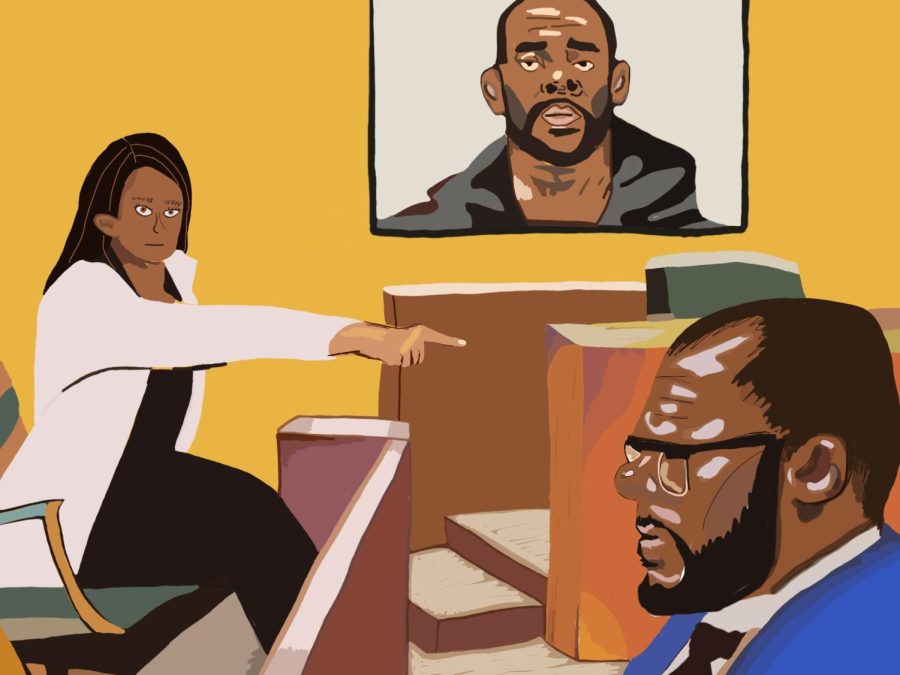From albums to abuse: Misconduct in the music industry
September 27, 2022
The music industry has a dark secret — men at all levels of the industry are using wealth and status to exploit women, regardless of their age. Notable women such as Alanis Morissette, Lady Gaga and Kesha have all come forward and revealed they have all been victims of abuse. One of the most infamous perpetrators of said abuse is Robert Kelly, better known as R. Kelly.
On Sept. 14, R&B singer R. Kelly was convicted on multiple counts in Chicago courts in relation to sexual abuse scandals starting as early as the 1990s. After previously being acquitted from charges in a 2008 trial, Kelly was sentenced to 30 years in New York — charged with three accounts each of child pornography and child enticement — after his 2021 conviction. For over two decades, Kelly used his fame, money and power to lure and abuse young girls, escaping all consequences until recently. Kelly’s conviction should be seen as a significant win for victims of abuse globally, but it is not an end-all-be-all.
Women in the industry have been facing this issue for far too long. While R. Kelly is finally facing the consequences of his actions, many abusers have yet to. A prime example of this is Chris Brown, another famous musician with a horrific history of abusing women.
In 2009, Brown had allegedly beaten Rihanna and threatened to kill her while leaving the Grammys. While Brown had struck a plea deal with the police resulting in no jail time, multiple images of a bruised and bloody Rihanna were leaked to the public. After making it out of that situation with nothing but a slap on the wrist, you would think Brown’s label and the general public would have blacklisted him from the industry, right? Well, think again; currently, Brown has roughly 44 million monthly listeners on Spotify as well as features on songs by artists such as Gunna and Pop Smoke. With known abusers like Brown still working in the music industry, how can women feel safe?
Sadly, the answer is that women cannot and do not feel safe, at least not yet. Men within the industry, whether they are executives or artists, need to be held accountable by their peers, their fans and their labels. If allegations are proven true, these people need to at the very least be removed from their contracts. In the wake of the #MeToo movement and cancel culture we know that for the most part, fans are ready to hold their idols accountable.
The music industry is infested with abuse and corruption. Hundreds of fans and artists have come forward with stories of abuse at the hands of men within the industry. The lifestyle of sex, drugs and rock and roll has far too often included unwilling participants. Accountability is the key to keeping these monsters away from women and from them becoming repeat offenders.








